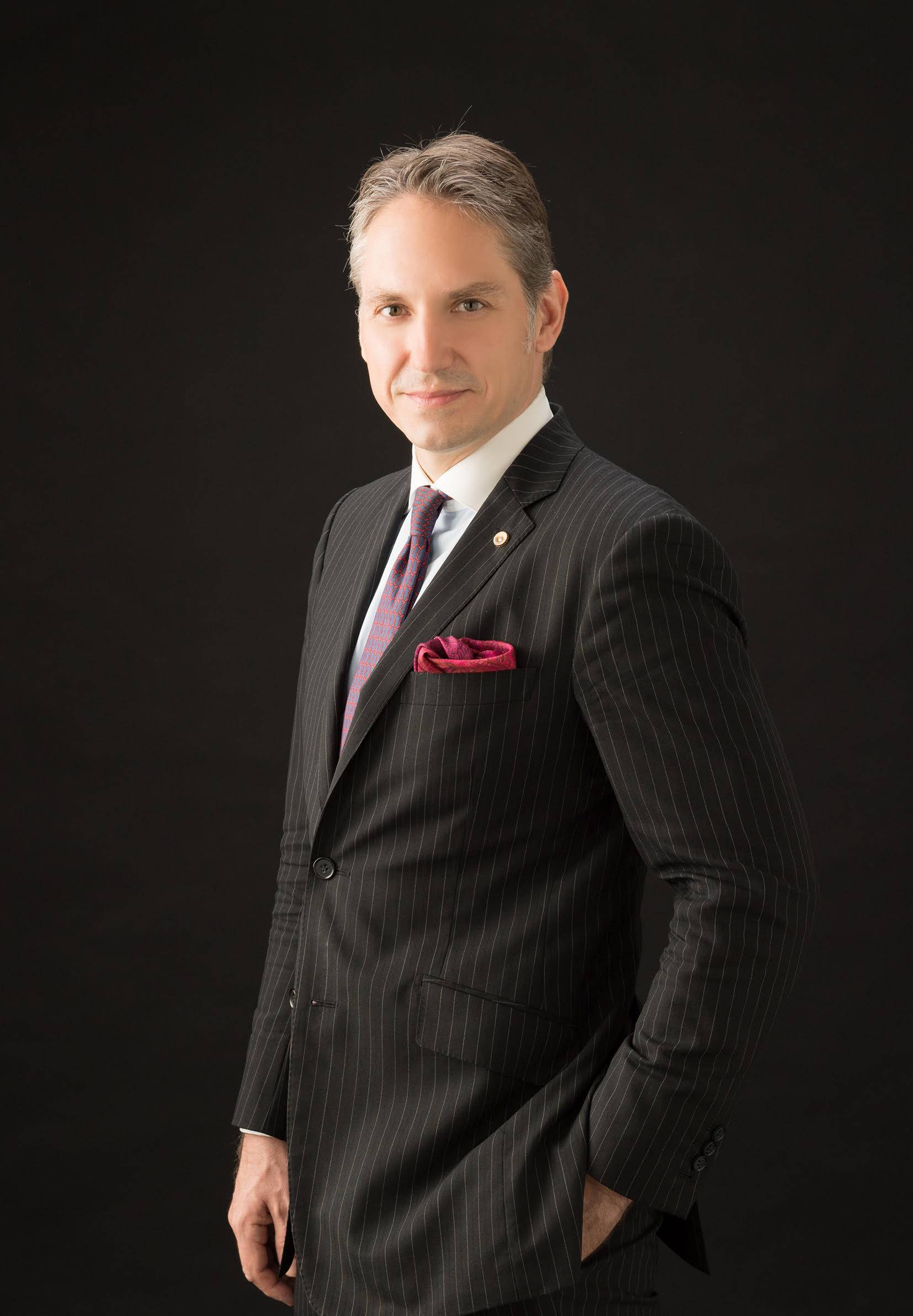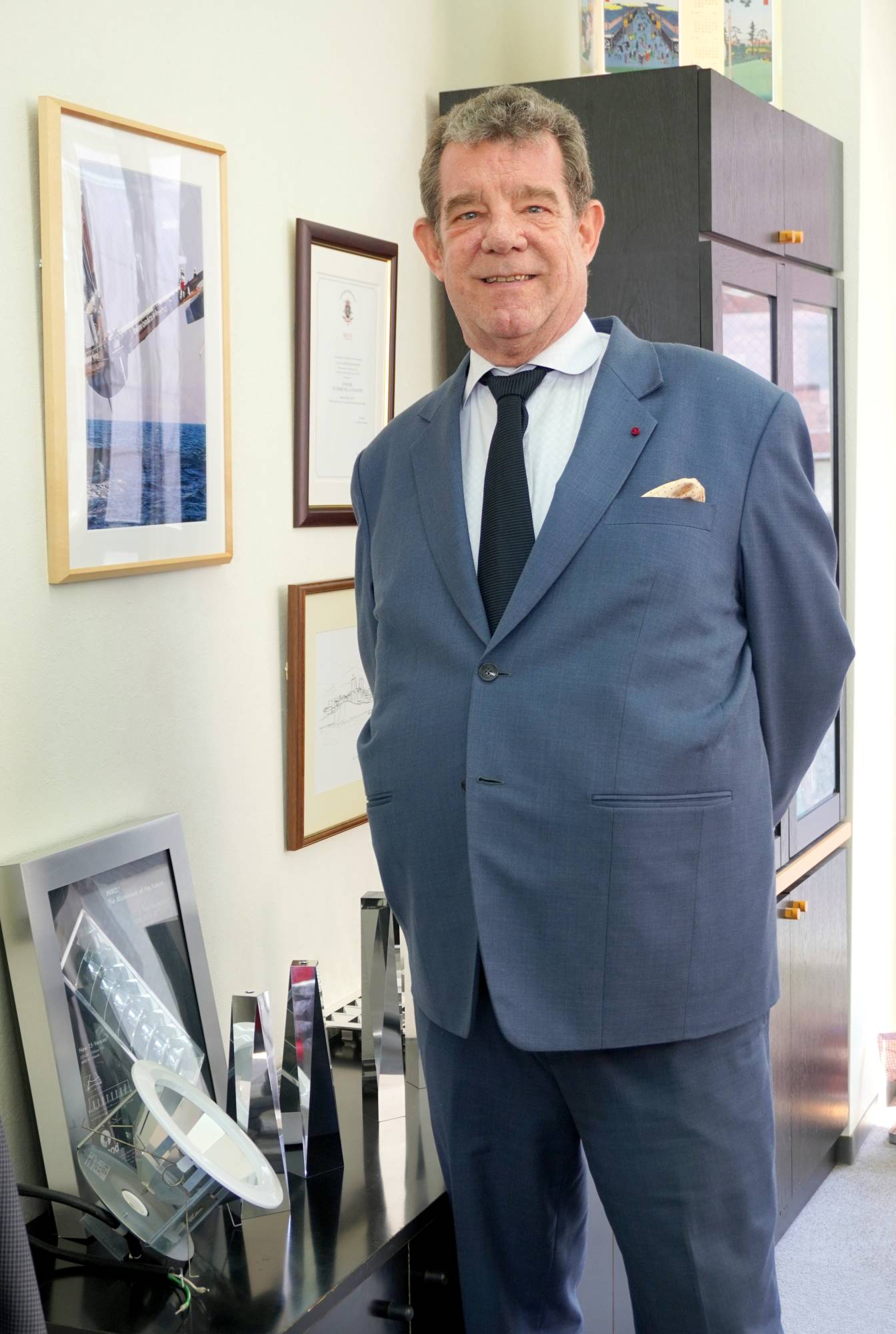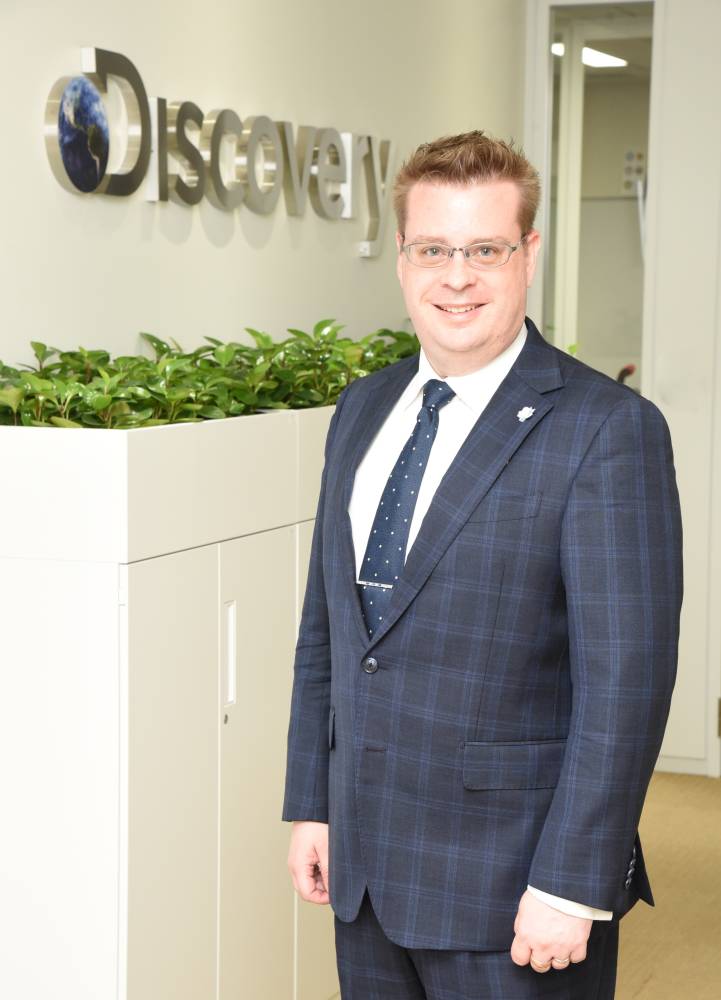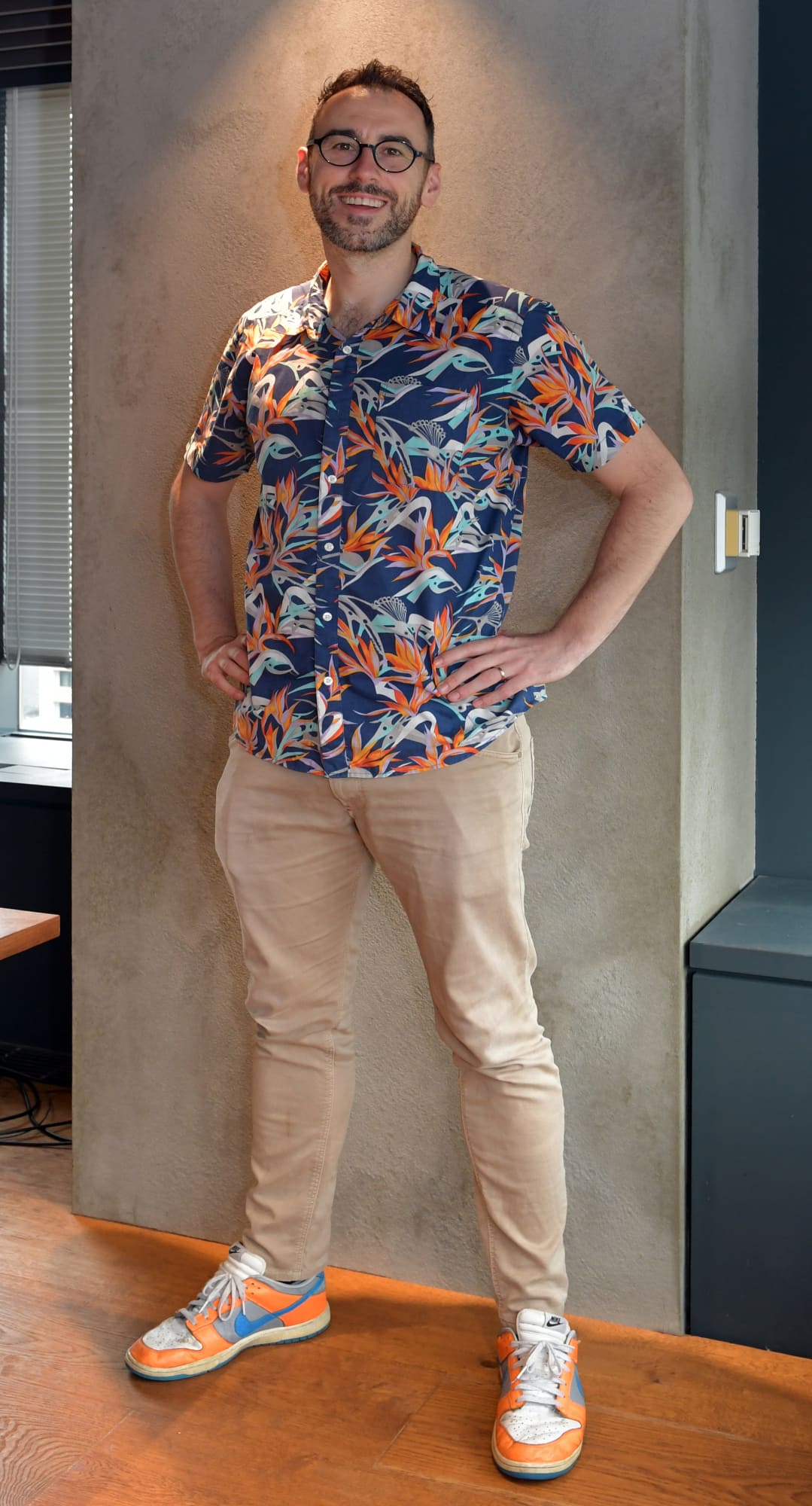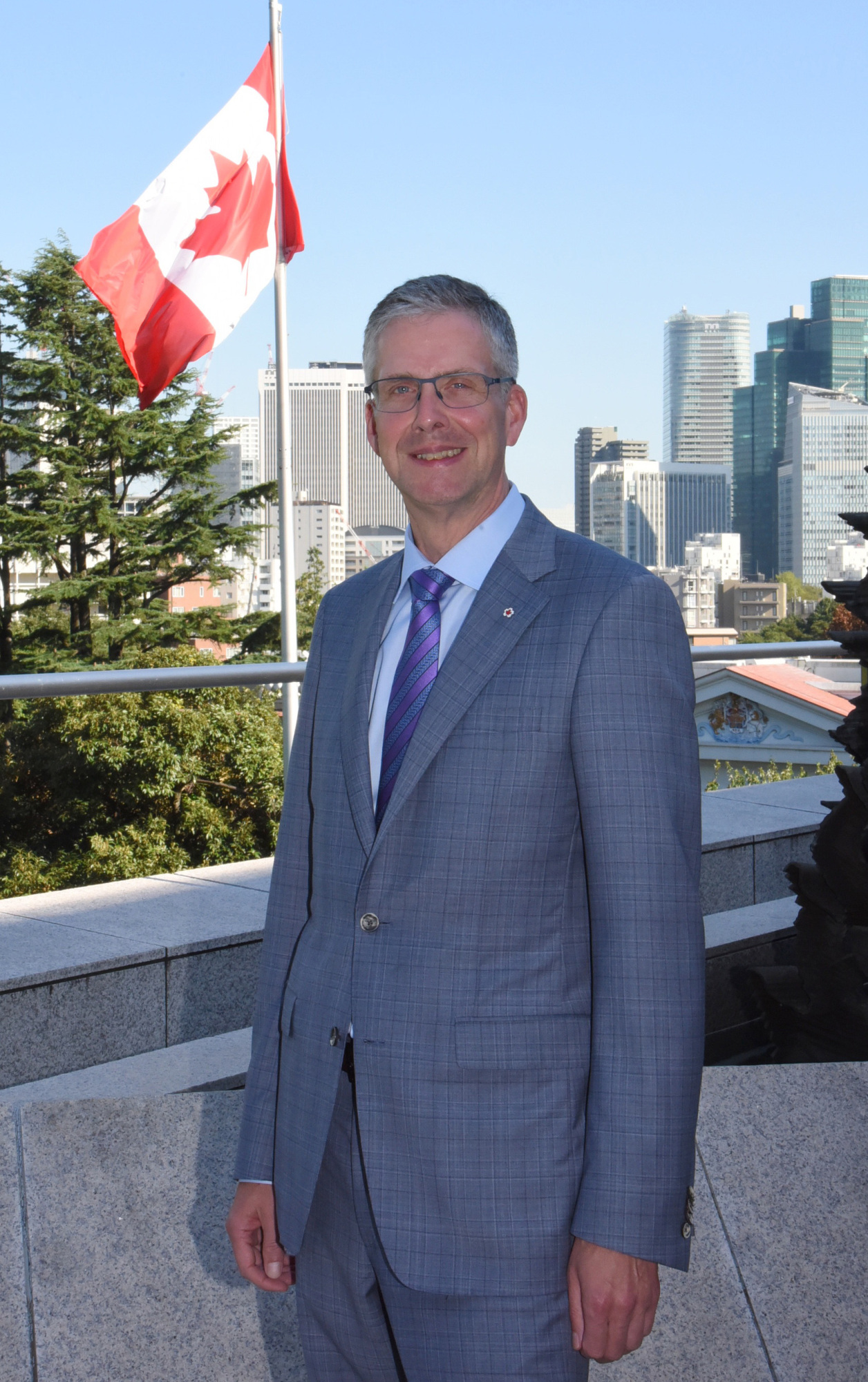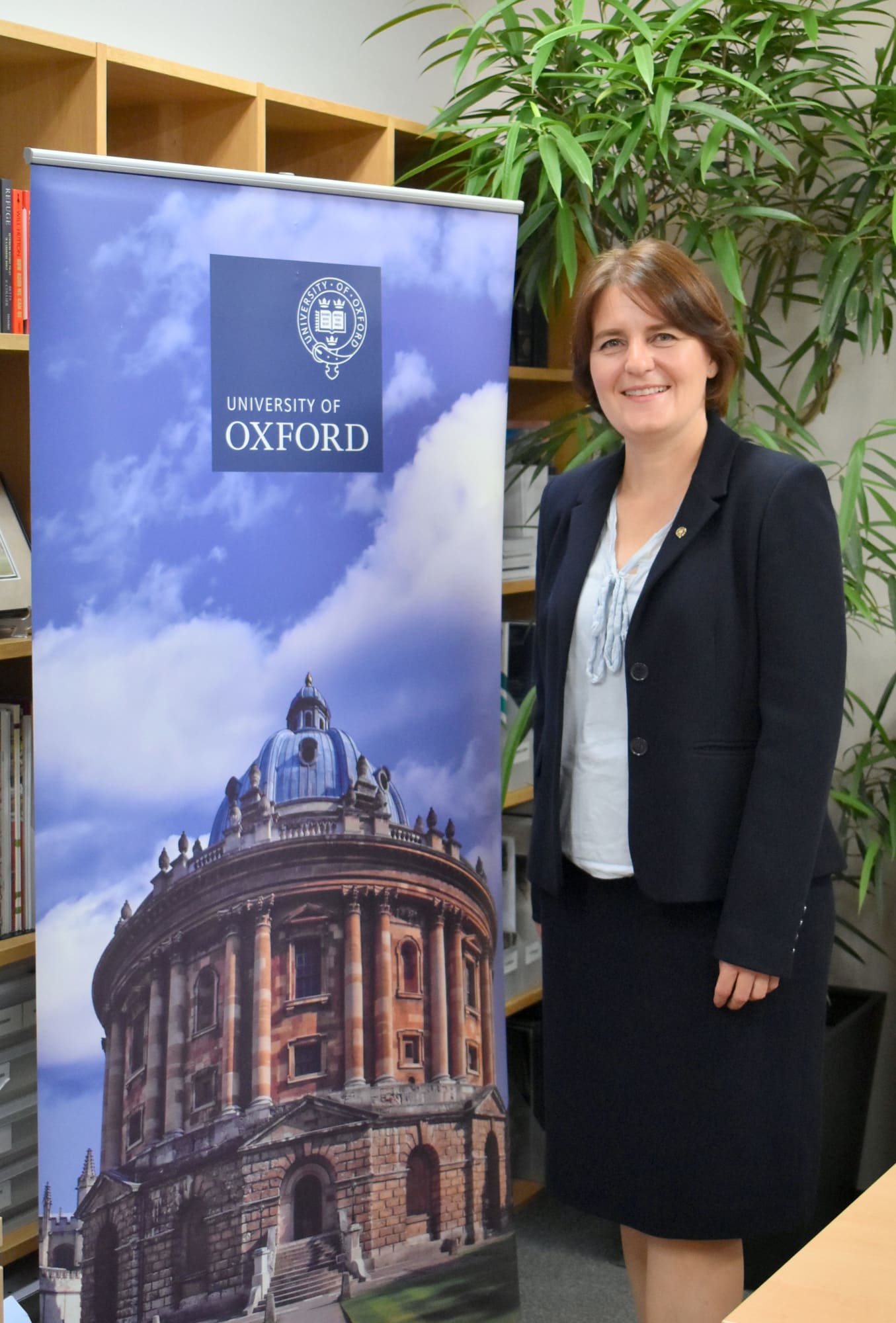
October 20, 2019
Life abroad characterized by gratitude and diligence
University of Oxford’s Alison Beale on community and cultural relations
BY KERRY FURUKAWA
CONTRIBUTING WRITER
- Name: Alison Beale
- Title: Director, University of Oxford Japan Office
- URL: https://oxfordujapan.org/
- Hometown: Eastbourne, United Kingdom
- Years in Japan: 22
Alison Beale’s way of speaking may be described as soft and slow, perhaps giving the impression of uncertainty. This is incorrect.
For example, of her job as director of the University of Oxford Japan Office she said, “I really like, what I’m doing, and I feel that here is where I can best, make use of my, background and my interests.” Each comma represents a discernible pause, but she’s resolute and her speech neither staccato nor robotic. In fact, the pauses lend it the quality of being simultaneously considered, yet fluid.
With similar diligence, Beale has worked for more than 22 years in education and cultural relations between the United Kingdom and Japan, having left home a month after graduating university with what she described as perhaps a neutral impression of Japan. Now, however, she feels bound to contribute to the country that has become home.
“I feel somehow that there’s something that only I can do. I think everyone has something in life that only they can do. And I think that my thing is in Japan.
“It is around education and links between Japan and overseas particularly the U.K. And I’m very keen on mountain walking so maybe there’s something about promoting the beauty of Japan’s mountains to people overseas,” said Beale.
In her final year at Oxford, Beale accompanied a friend to a Japan Exchange and Teaching (JET) Programme information session. She knew nothing about Japan and had no interest in teaching English to high school students in Oita. She just wanted to get out of the library, where she’d been studying for hours.
“So I went with my friend who was really keen on going to Japan and we listened to exactly the same presentation and she who was so interested, listened to the presentation and thought, ‘This isn’t for me,’ and I listened to exactly the same presentation and it’s like it set a fire in me and I thought, ‘I really want to do this; Japan sounds amazing,’” she said.
Beale was placed in Taketa, a city of 26,000. The word “city” is misleading. Taketa, known for its hot springs, views of Mount Kuju and agricultural produce, is quite rural and like nothing Beale had ever experienced before.
“When I went to Taketa, it actually made me rethink how do we do things. Is this the right way? Is there only one way to have a society? Living in a very tight community and people inviting me to their home and just seeing how people live and cooperate and help each other in this small community was extremely special,” Beale said.
She lived in Taketa from 1993 to 1996, but so strong were the bonds she forged that she still goes “home” to Taketa from Tokyo about three times a year to laze on the tatami of friends, eat homecooked meals and onsen (hot spring) hop. In Taketa, Beale knew many people and many people knew her, a difference from her current life in the capital.
“I really miss the close community and the friendship of Kyushu, but I also appreciate the convenience of Tokyo and the city’s dynamic feel,” she said. “So I think it’s a nice mixture.”
As a child, Beale moved a lot due to her father’s job as an astronomer. She was born in Geneva and when she was 3 years old, her family settled in the coastal town of Eastbourne in the U.K., where there were many language schools. In fact, her family often hosted international students, perhaps influencing Beale’s choice to study modern languages at university.
“I used to listen to them talking to their parents on our phone and thinking, ‘Gosh that’s so cool,’” said Beale. “I remember thinking I want to study languages and I want to be able to understand and I want to be able to speak like them because they look really cool.” She moved again to Germany when she was 9 and later to Holland, before returning to the U.K. as a teenager and eventually attending Oxford.
After leaving the JET Programme, Beale, eager to remain in Japan and improve her Japanese, worked as a program coordinator with the Council of Local Authorities for International Relations before serving in various positions with the British Council. Seven years ago, she became director of the University of Oxford Japan Office.
Her primary duties concern developing partnerships between the university and companies or foundations, and raising Oxford’s profile in Japanese society. One of Beale’s biggest achievements has been brokering an arrangement for Kyoto Prize laureates to give lectures at Oxford and participate in interactive sessions with students and academics. The annual Kyoto Prize is an international award of Japanese origin given to three individuals for their significant contributions to the fields of science, technology, and the arts and philosophy.
“Things like that where I’m able to actually bring something from Japan into Oxford, I feel very proud to be able to see Japan so well presented and enjoying such a high profile in Oxford,” she said.
That pride is unsurprising, as Beale has spent the bulk of her adult working life in Japan. However, she still finds aspects of working in Japan challenging, such as the sometimes absence of clear outcomes in meetings. Therefore, she encourages people wishing to work in Japan to become comfortable with ambiguity, learn Japanese and be prepared to work really hard at the beginning of their careers.
“I think it’s sometimes psychologically quite hard for foreigners coming in who perhaps feel that their skills or expertise should allow them to be in a higher position,” said Beale. “For many, I think the idea that you have to actually put the time in to get somewhere is possibly frustrating.”
JET position kicks off Japan-centric career
Alison Beale was appointed director of the University of Oxford Japan Office in 2012 after serving as deputy director, Japan at the British Council in Tokyo for three years. Before that, she worked at the British Council for over 12 years as deputy director, Shanghai; country manager, Trinidad and Tobago; and assistant manager in Osaka and Fukuoka. Prior to these roles, Beale was a program coordinator at the Council of Local Authorities for International Relations following a three-year stint as an assistant language teacher on the JET Programme.

